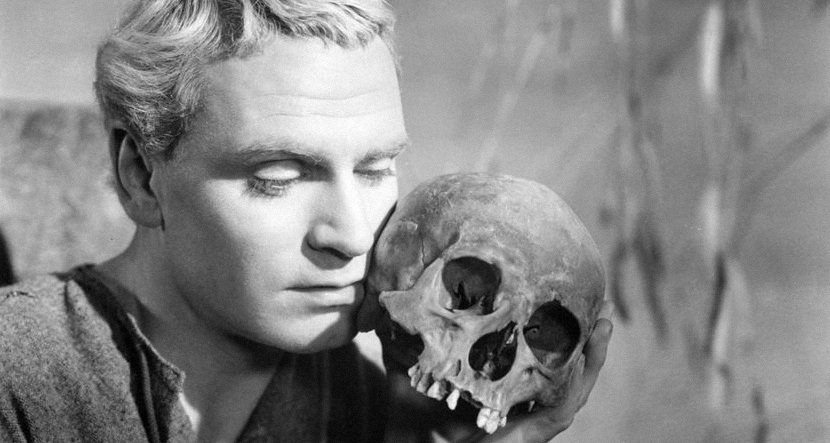
March 16, 2014, by Stephen Mumford
Emotions
They get in the way of wise action, drive you to reckless decisions, have you in tears over small matters, or lead you to sacrifice everything in pursuit of a dream. The emotions are one of the most distinctive elements brought to the world by humanity (and a few other animals). At times they seem a burden: when you are sad or afraid. But when in love or overjoyed, they are what makes life worth living.
“Reason is, and ought only to be the slave of the passions”, said David Hume. His words contain both truth and falsehood. We can have all the reason we want but without emotions we would never be motivated to act. We are not machines; we are self-moving. In order to do that, we must have wants, which emotions provide. Yet Hume called them passions, which suggests we are passive with respect to them; in contrast to actions, with respect to which we are active. But emotions are not merely changes we suffer. They don’t happen to us; they are done by us.
William James had a rather fanciful, physically reductionist account of the emotions. We first have the bodily disturbance, he argued, and the emotion is merely its perception. In other words, we don’t cry because we are sad; we are sad because we cry. This is to ignore the very rich process of thought that we go through when we have emotions. Except in cases like depression, which is an illness, sadness is always for a reason. You have seen and thought about suffering, for instance, or you have been deprived of someone you love. Brooding on such unfulfilled hopes might manifest itself in tears, but the sadness is not because of the tears, nor about them.
James’s theory is symptomatic of a vain hope: a hope that we might get to grips with the emotions on a purely scientific basis. If that is to happen, we need a science improved beyond our dreams. We want to understand our emotional lives and the decisions they move us towards. It is the arts that provide the platform. Perhaps in a thousand years, science will achieve a depth of understanding of the emotions that can now be found in one Shakespeare play. It is in literature, drama, music, poetry and painting that we find the emotions, which is truly to find ourselves. For we may have all the science, logic, wealth, fame, technology and power there is; but without emotion we still have no reason to treasure any of it.
No comments yet, fill out a comment to be the first

Leave a Reply